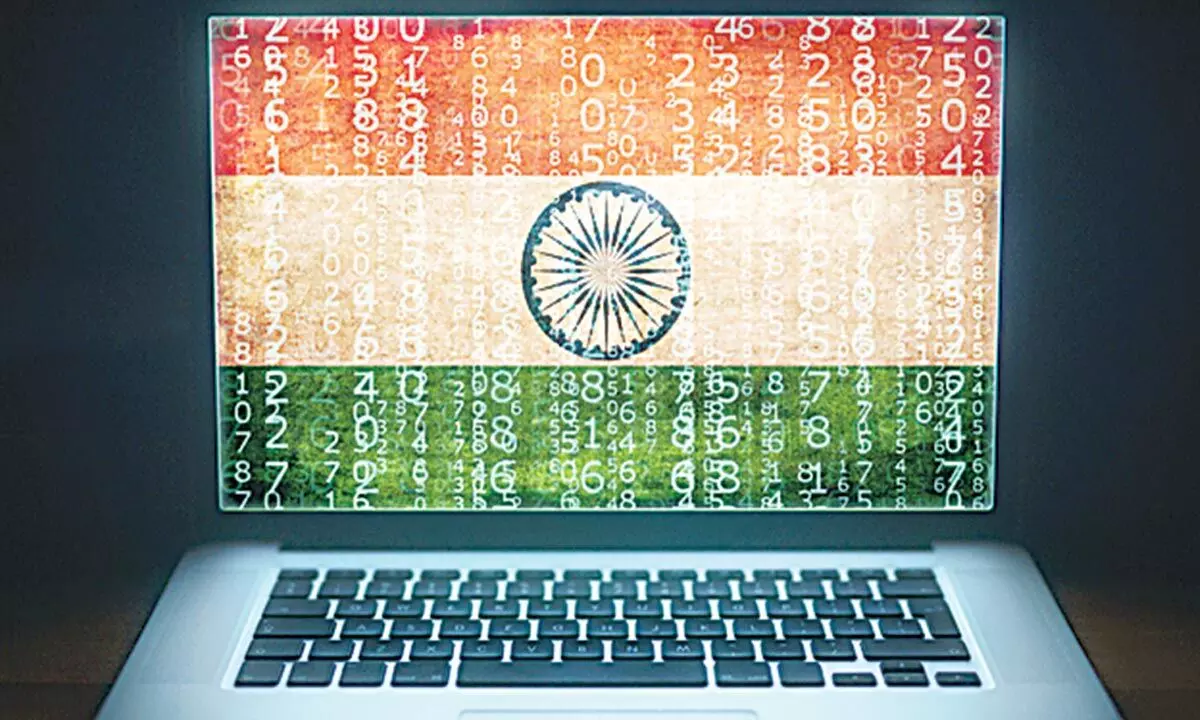India Inc hopes high on PDP Bill
It must address cross-border data flow, data localisation, tax evasion, cryptos: Industry
image for illustrative purpose

Digital India
- PDP Bill 2019 saw 81 amendments to date
- Implementing data privacy
- Drafting of Digital India Act will update and replace the IT Act-2000
- MNCs monitoring how Indian law will address issues like cross-border data flow
New Delhi: Industry stakeholders on Thursday said the new framework for Personal Data Protection Bill should emphasise on cross-border data flow and data localisation requirements, bringing ransomware, Blockchain-based crypto/NFT scams and even the huge tax evasion by Chinese tech companies into its ambit.
IT industry's apex body Nasscom said that data is the bedrock for 'Digital India' and the new framework can build on the learnings from global implementation of data privacy laws and stakeholder feedback on the earlier bill.
"The key imperatives will be to operationalise the fundamental right of privacy and enable data protection in a manner that grows trust in data driven businesses and allows data-led services to grow in a safe and trusted manner," Nasscom said in a statement.
The government withdrew the contentious Personal Data Protection (PDP) Bill 2019 that saw 81 amendments to date, saying that it will soon introduce a new, sharper bill that fits into the comprehensive legal framework to protect the data of billions of citizens.
IT Minister Ashwini Vaishnaw said that the draft of the new PDP Bill is almost ready that will protect the digital privacy of individuals.
According to Sajai Singh, Partner at law firm J Sagar Associates (JSA) the key issue is the practicality of a Bill becoming the law of the land.
"The drafting of the PDP Bill needed to be made current with the ground realities, with ethics and AI, ransomware becoming more sophisticated, crypto and NFTs adding a commercial dimension to Blockchain technology and the like," said Singh.
On the parallel ground is the drafting of the Digital India Act, which will update and replace the Information Technology Act, 2000.
"Various multinationals are interested in seeing how Indian law will address issues like cross-border data flow, data localisation requirements and restrictions placed on certain services like VPN (virtual private network)," Singh added.

